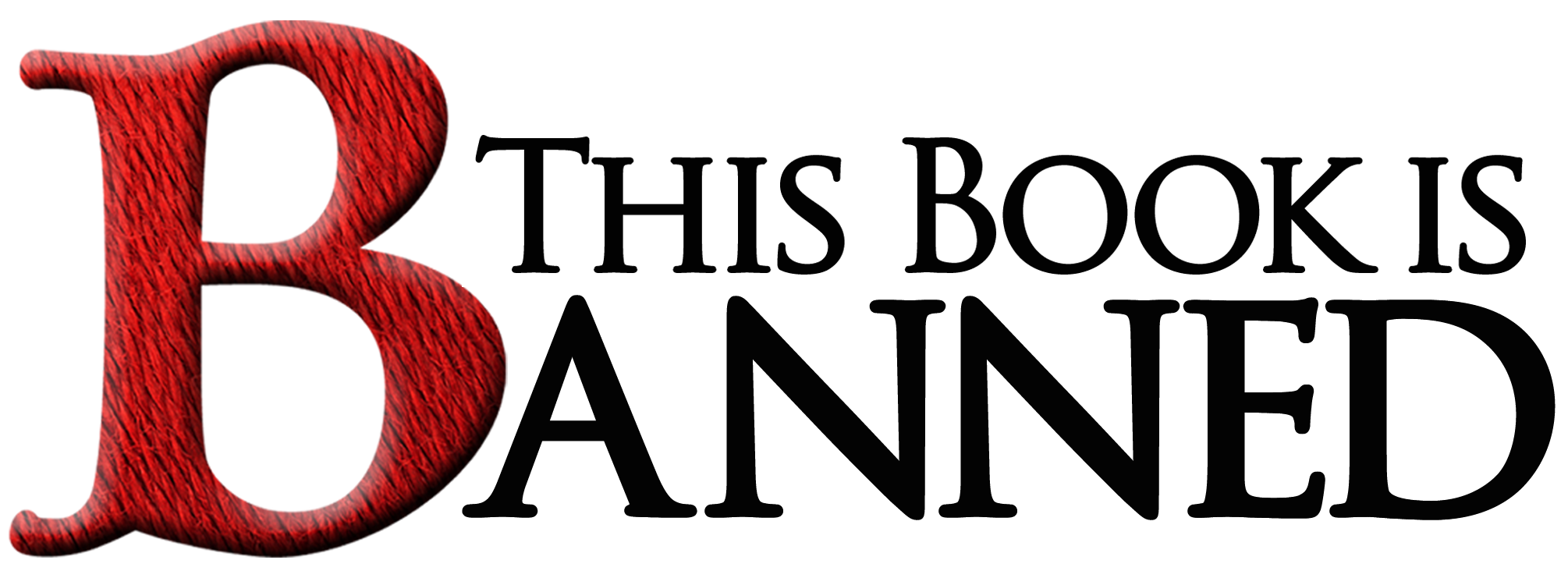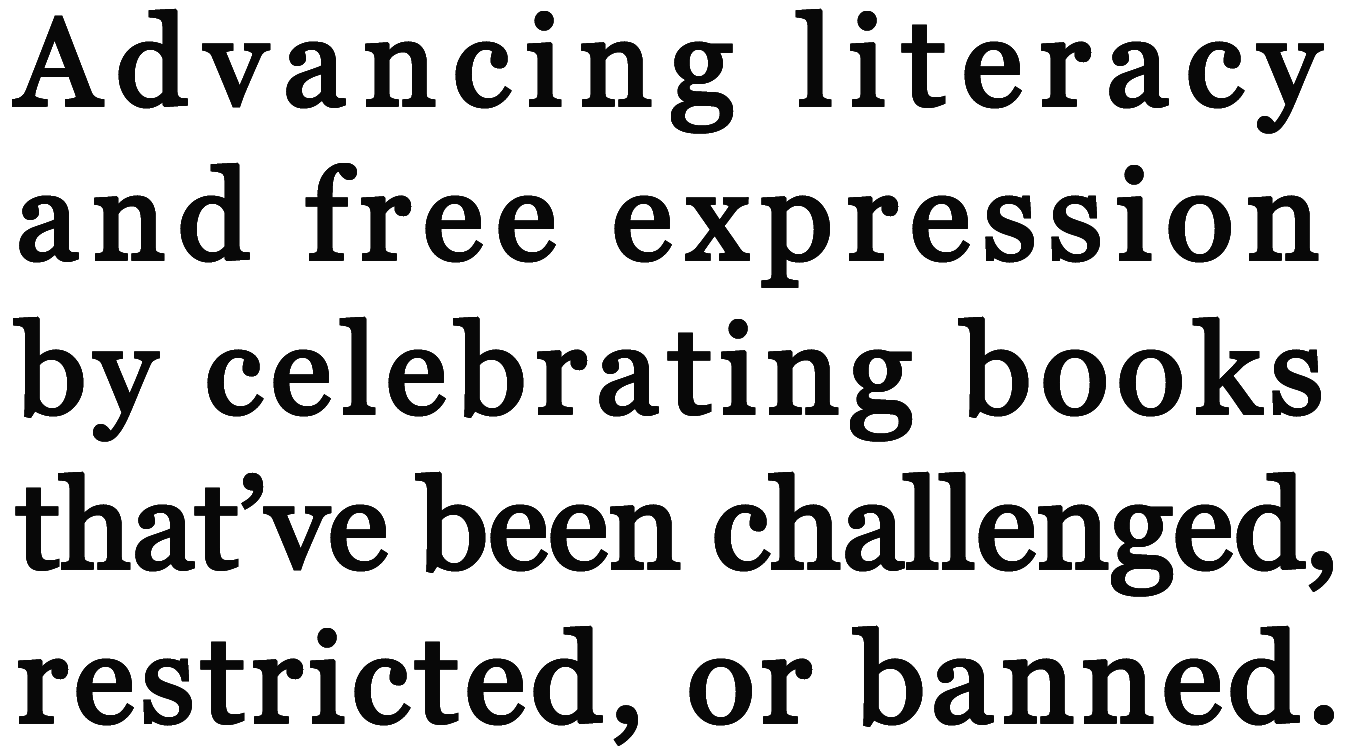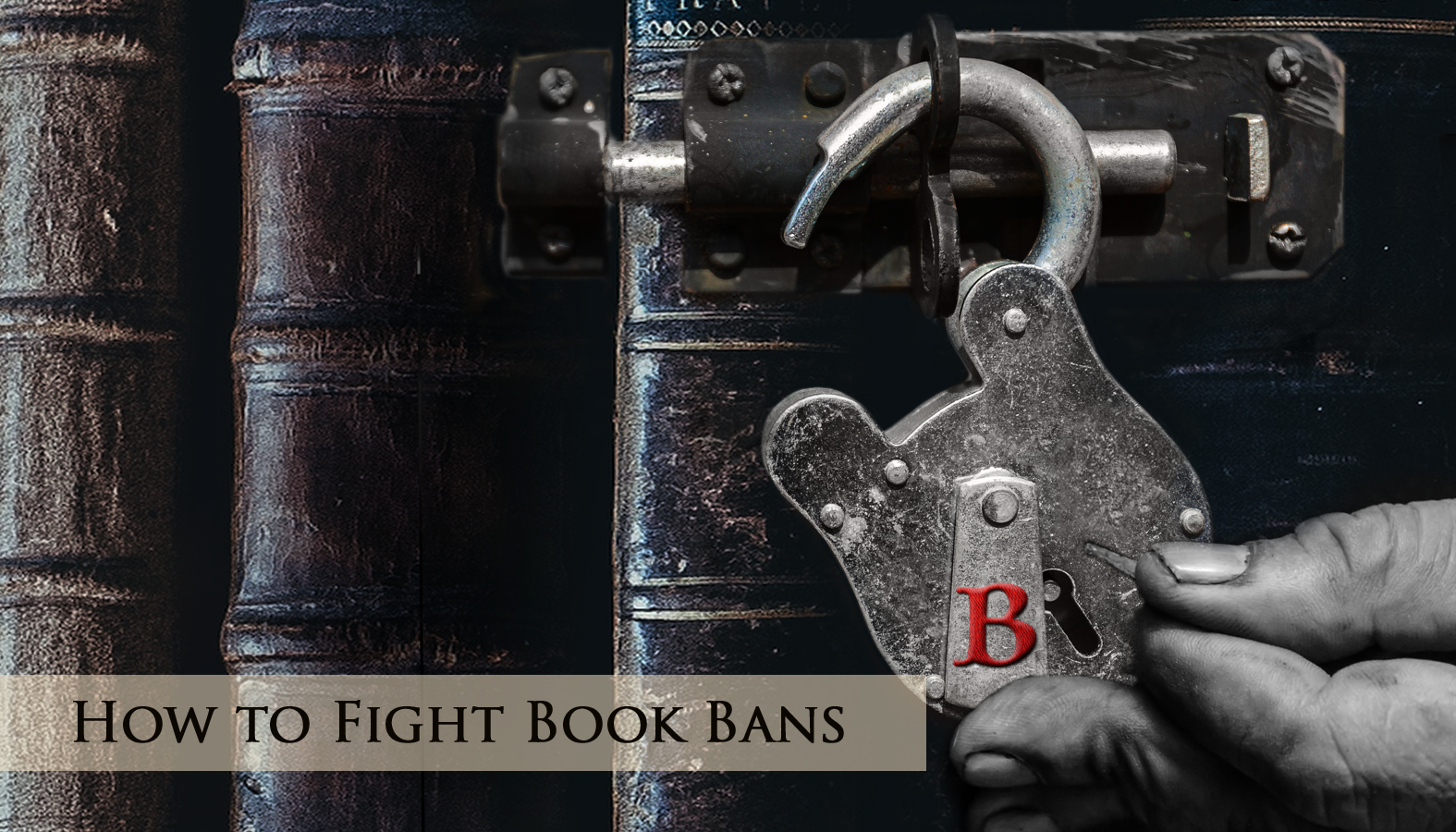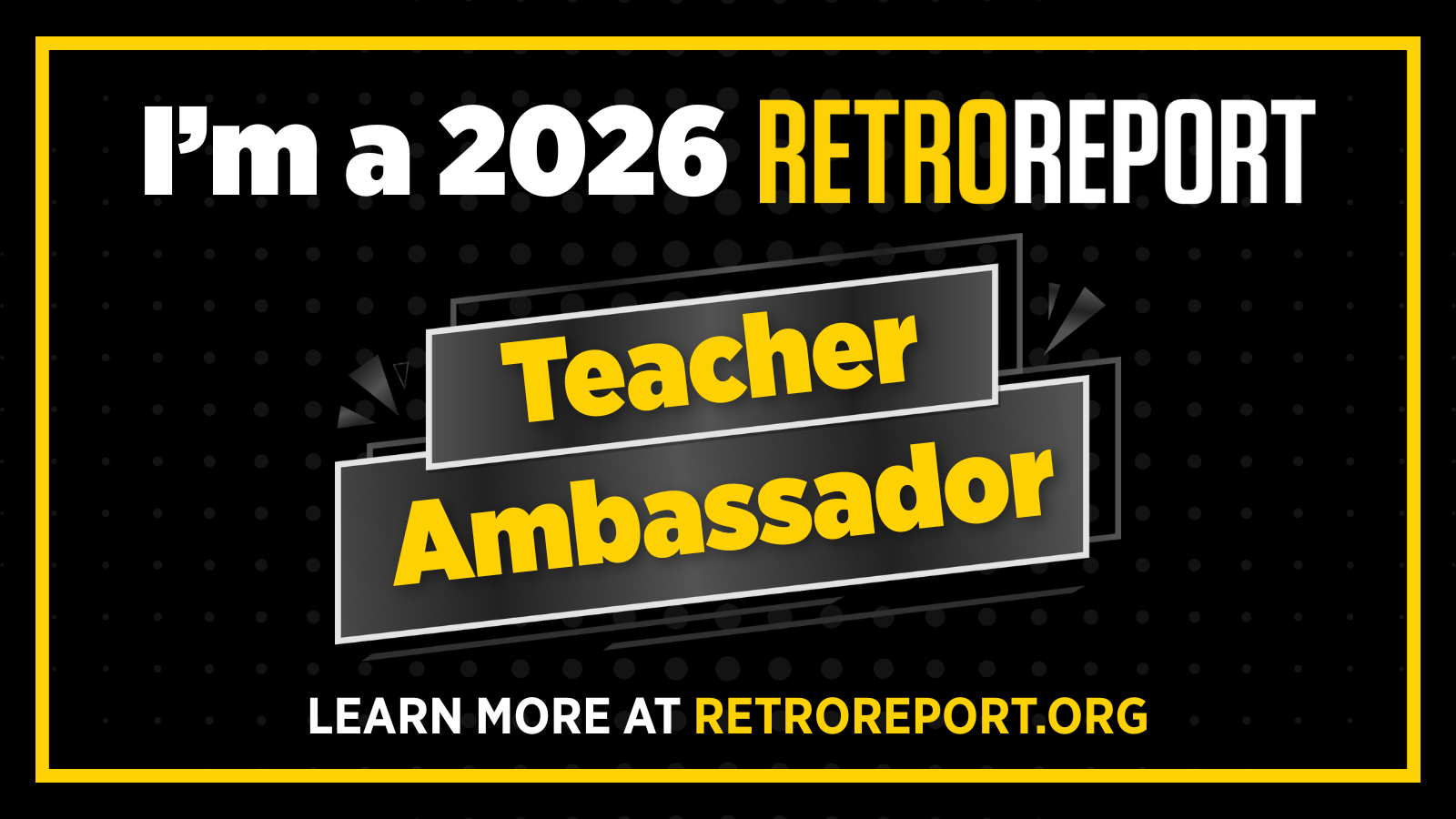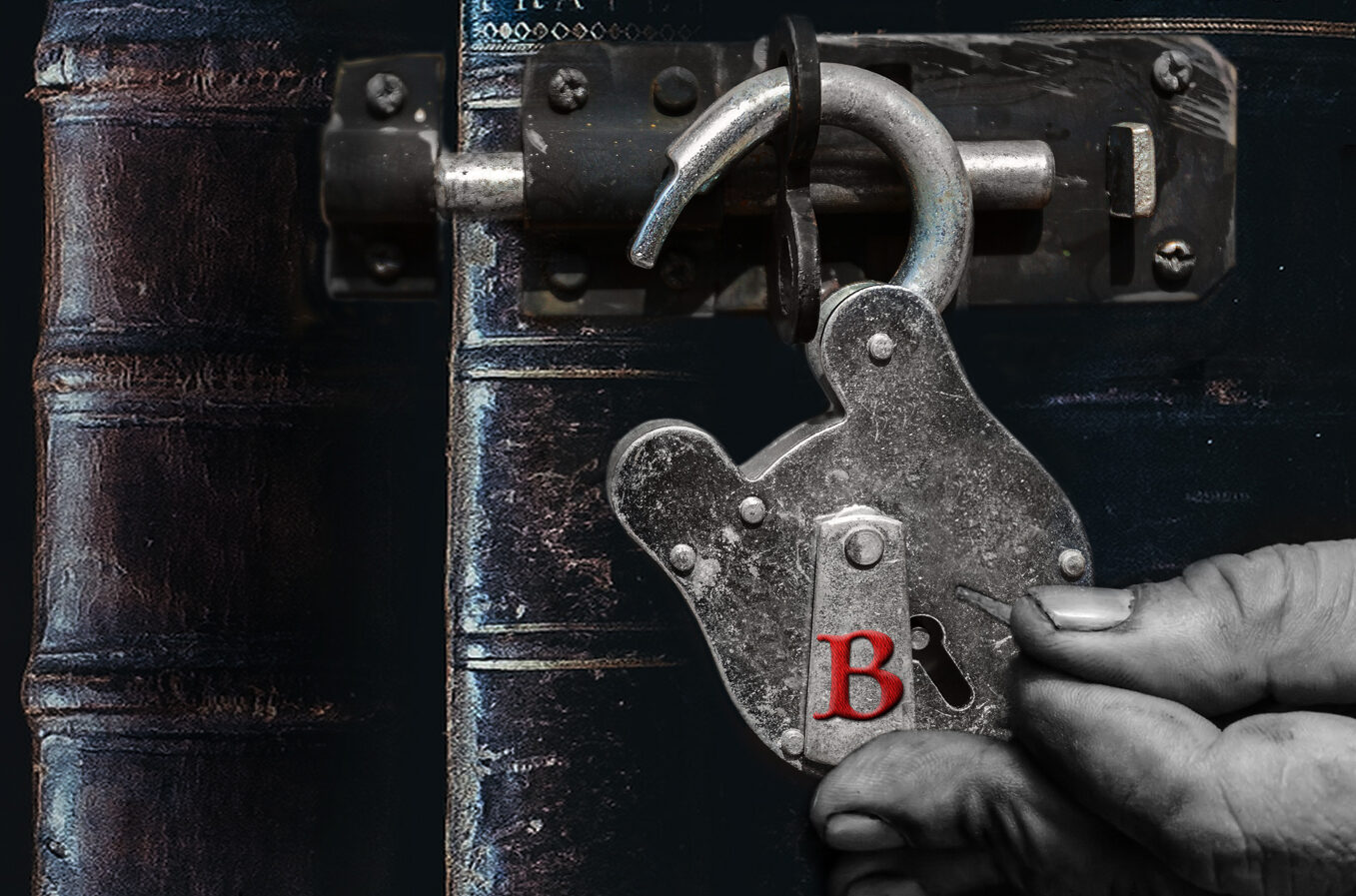
Fight Book Bans:
Tools to resist censorship,
and support the freedom
to read.
![]() F
F
or the past several years, censorship has swept through schools and public libraries across the United States. According to PEN America’s ‘Banned in the USA’ reports, there have been more than 10,000 book bans in 42 states – both red and blue – since 2021. [1]
This nationwide campaign is being driven by a small, but vocal minority who are brandishing obscenity law and hyperbolic rhetoric about “porn in schools” in an attempt to justify banning books on any topics they deem “offensive.”
Stories about sexual violence and LGBTQ+ experiences bear the brunt of their ire, but they also target any efforts to ensure library collections are diverse and inclusive, to say nothing of works that focus on race, racism, so-called “critical-race-theory,” or anything else “guilty” of perpetuating “woke ideology.”
Needless to say, this movement has disproportionately affected women, the LGBTQ+ community, and authors of pretty much every race and ethnicity of color. It’s difficult to censor an entire nation without anyone noticing, though. Consequently, the very students whose right to read is being challenged, and authors whose works are being censored, as well as librarians and educators who are being gagged are fighting back in creative and effective ways. [2]
How can you help?
Here are a few ways you can fight back
and support the freedom to read:
1) Support Organizations that Defend the Freedom to Read:
a. A nationwide coalition of more than 25 groups have allied with the American Library Association (ALA) to fight censorship. You can find the full list of organizations here.
b. But why stop there? Plenty of local groups are taking steps to combat book bans. You can find out which organizations are operating in your area here.
2) Buy or Check out a Banned Book:
It’s easier to defend a book’s importance when it’s clear people want to read it. By purchasing or checking out a book from a library, you help demonstrate that it is valuable to not just to readers, but also publishers, school boards, and librarians. You can find PEN’s America’s index of banned books here — dating from July 1, 2022 to June 30, 2023.
a. Participate in events like Banned Books Week, and read any or all of the books on Banned Books Week Reading lists like this one.
b. But don’t limit your vociferous reading to Banned Books Week. Choose from lists of the most frequently banned books year-round.
3) Speak Up About Book Bans:
a. If a book has been banned by members of your community, be sure to report the incident to PEN America.
b. Attend a board meeting for your local school or library board. You can find talking points and other advice on what to say at such meetings here, as well as a sample script that may help you adopt a more effective tone. And, arm yourself with book résumés to defend challenged books — point out notable awards listed in the challenged book’s résumé, and teaching resources that speak to its educational merit.
c. Sometimes, expressing genuine passion can be enough to move hearts and minds. If a book has changed your life in any way, you can express your appreciation by writing something of your own – whether that’s a letter to your favorite author or librarian, an article for a local or school newspaper, or a post shared on your social media platform of choice (preferably with the hashtag #FreeTheBooks).
d. Join or start a local book club that focuses on banned books — whether it’s one that meets in-person or virtually. Banned book clubs are a great form of grassroots activism. Here’s some advice on how to start your banned book club.
4) Vote in Local Elections
a. If you don’t know when school board elections are held in your state, it’s time to find out. As long as you vote, you’ll always have a say in who gets the power to prevent or allow book bans on behalf of the students in your schools.
b. You might also consider running for your school or local library board. If you want it done right, after all, you might as well do it yourself!
5) Contact your Local and State Representatives:
a. Your local officials, ranging from school and library board members to state legislators and trustees, all hold elected positions and therefore take public input very seriously. These people have the power to fight for your community’s freedoms, so reach out and make sure they know how to best represent you!
b. An effective way to make your voice heard is to sign a petition. With other people’s signatures proving that the community rejects an attempted ban, key decision-makers can be influenced to stop or overturn a book ban. You can find some tips for running a successful petition here.
6) Keep in mind that library and school policies are made locally.
a. Library advocates will want to tailor campaigns to their communities. For example, in a “red” town or state, emphasizing that books about LGBTQ+ individuals or people of color are challenged at a disproportionate rate could backfire. A lawmaker who depicts diversity as a menace could be even more inclined to excise books if they think doing so will further their crusades.
b. Coming at things from a financial angle has been an effective tactic. Censorship comes with costs and wastes both time and public resources. Quite a few lawsuits over book bans have been implemented, with the prosecution citing the illegality for public facilities to favor one political stance over any other. A good number of them are making their way to the Supreme Court. But, regardless of the outcome, such cases come with a hefty financial burden for a school or library, not to mention the damages that come with a loss.
c. Another fiscal danger spot library advocates can shine a light on revolves around municipal insurance costs. Legislation making librarians who are public employees legally liable for distributing certain material could result in higher municipal insurance premiums. [3].
7) Organize a Public Demonstration:
When book challenges begin gaining traction and look like they’re going to succeed, it might be time to consider organizing a public demonstration. You can find PEN America’s guide on running a peaceful protest here.
8) Libraries and schools (whether public or private) should be sure to have a challenge policy in place:
Without them, books would be banned without transparency, due process, or a chance for the community to weigh in.
a) A good challenge policy should limit who can challenge a book to stakeholders… that is to parents, district residents, students, etc.
b) Make certain you have a formal request for consideration form, one required for each challenged book. Having formal requests for consideration makes it more difficult to challenge huge batches of books.
Not having one conceals the identity of would-be-banners, and allows them to challenge books without even reading them. It also opens the door to political pressure from groups outside the community.
Your request for consideration form should ask for:
-
- the challenger’s identity and relationship to the school/library,
- cite and describe objectionable passages,
- explain the reason for the challenge,
- indicate whether they’ve read the entire work,
- and suggest an alternative assignment.
c) Your challenge policy should establish when a formal review is triggered. Requiring a petition of parents representing as little as 1-5% of the school district’s families (for example) serves to limit situations where a single individual imposes their views on the rest of the community.
d) Your policy should also establish who should be on the review committee – ideally, educators, librarians, stakeholders.
e) And, it should mandate what happens to the challenged book(s) during the review process.
For more guidance and details about challenge policies, check out the National Coalition Against Censorship’s guidelines and samples for book challenge policies – as well as other resources — here. [4]
.
Whether you’re an individual, school or library… for tools to fight back against book bans, download the American Library Association’s Unite Against Book Bans Toolkit.
There’s also The ABA Right to Read Toolkit from the American Booksellers Association.
As well as resources for teachers, parents, and school officials from the National Coalition Against Censorship.
Be sure to put these tools to use right away.
And, share this page to help others fight book bans!

Share This Page, Choose a Platform!
Endnotes:
[1] “5 Ways to Fight Book Bans.” Pen America.
https://pen.org/book-bans/5-ways-fight-book-bans/
[2] “Action Toolkit.” Unite Against Book Bans. https://uniteagainstbookbans.org/toolkit/
“Banned in the USA: Narrating the Crisis.” PEN America. April 16, 2024.
[3]Rosenberg, Alyssa. “How to fight book bans – and win.” The Washington Post. April 5, 2023.
[4] The ABA Right to Read Handbook: Fight Book Bans and Why it Matters. American Booksellers Association. La Vergne, Tennessee: Ingram Spark, 2024. Pp 105-107.
Image:
Fight Book Bans: From Annie Spratt, iMattSmart , and Ariel on Unsplash
Stay in the know about what’s in our treasure trove of literary goodness. And, get your free Discover Everything a Book Has to Offer packet.




